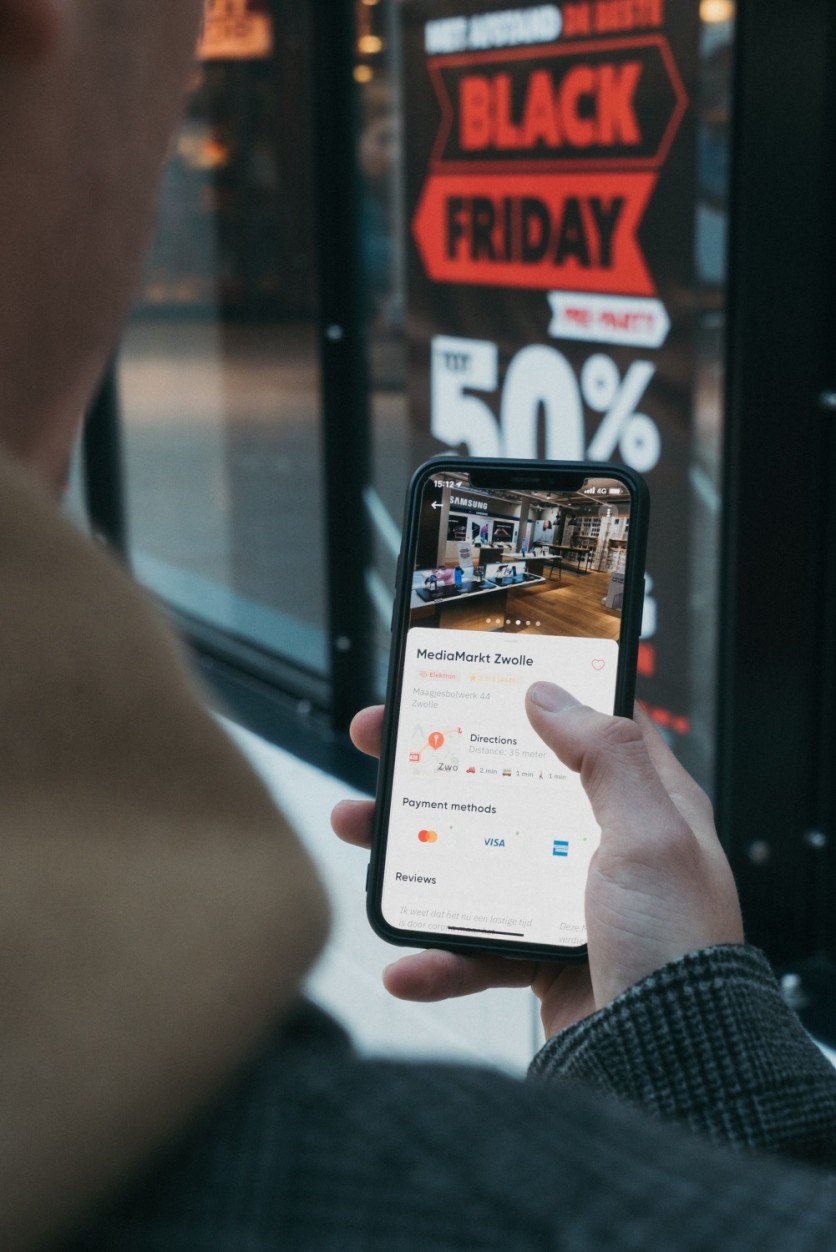A huge number of online shoppers around the world have been reliant on the use of smartphones when it comes to digital purchases, the recent PayPal report says.
This suggests that the power of mobile devices has already ruled out the purchasing capability of the people. With the rising adoption of digital services, the trend is likely to continue in the years to come.
Many Online Shoppers Use Mobile Phones to Make Purchases

In a report by ZDNet on Tuesday, Aug.16, PayPal recently released a Borderless Commerce 2022 report which covers online shoppers in 14 markets in the world.
Based on the study, the majority of existing online shoppers prefer to use their handsets when making purchases online. In Australia, Japan, the US, the UK, Singapore, and China, this number accounts for 69%, 77%, 78%, 81%, 84%, and 96%, respectively.
Ipsos included 14,000 respondents in the study. These individuals have engaged in digital purchases from December 2021 to January 2022.
The report notes that China-based shoppers have notched the highest percentage of the population (72%) who are inclined to rely on digital retailers. The global percentage only reached 46% across the markets.
Moreover, 42% of the online buyers said that they have gotten used to making cross-border purchases from 2021 to early 2022.
As such, most people prefer digital transactions because of accessible payment methods, anti-fraud measures, and options for local currency payment.
28% of the respondents said that they were confident in engaging in online shopping because of the "clear return policy."
Related Article : Amazon Shoppers Tend to Shift Spending Habits During Prime Day: High Inflation to be Blamed?
Cross-Border Shoppers Keep on Increasing
As per The Strait Times, Singaporean shoppers are shown to have been impacted by digital ads on several social media platforms.
The PayPal study concludes that two in five online shoppers in the country prefer to buy goods across the borders right after seeing Facebook and WhatsApp ads.
In China, cross-border buyers account for 43%. It's quite big compared to the population of online shoppers in South Korea (27%), Japan (34%), and the US (38%).
Speaking of this, 41% of US-based consumers want to buy goods from other countries. From here, 27% of the shoppers prefer to shop for products from China.
Additionally, 75% of the US shoppers were able to buy what they needed from online marketplaces, while only 37% relied on social media for potential purchases. 45% chose to buy from the official website of the retailer.
Meanwhile, Chinese online consumers (85%) find good deals online in the digital marketplace. 59% went to the retailer's selling page, while 57% did the same thing, but this time on the brand's website.
On top of that, 61% of the individuals in the study told PayPal that they would rather prefer to wait for a longer duration for the shipping because it could score them a great deal.
For a bonus, you can check our previous report about the best online shopping tips you need to follow to avoid potential cybersecurity risks.
Read Also : Pinterest to Bring Online Shopping? Company Acquires 'The Yes' to Expand More on Experience
This article is owned by Tech Times
Written by Joseph Henry
ⓒ 2026 TECHTIMES.com All rights reserved. Do not reproduce without permission.




